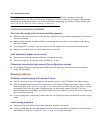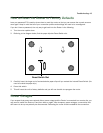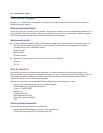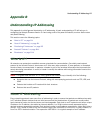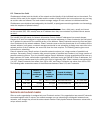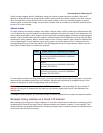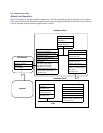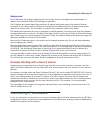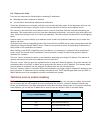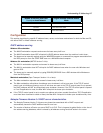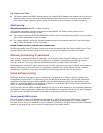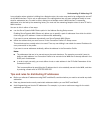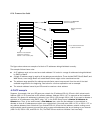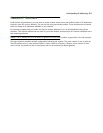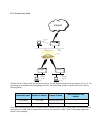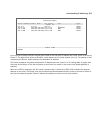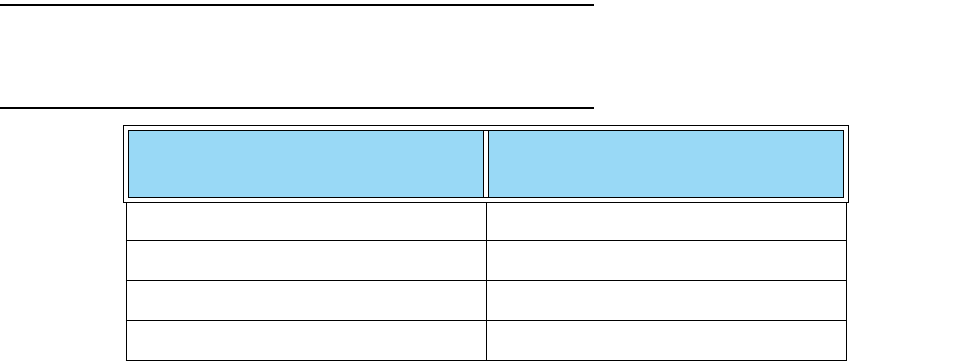
B-6 Firmware User Guide
There are two schemes for distributing the remaining IP addresses:
■ Manually give each computer an address
■ Let the Router automatically distribute the addresses
These two methods are not mutually exclusive; you can manually issue some of the addresses while the rest
are distributed by the Router. Using the router in this way allows it to function as an address server.
One reason to use the Router as an address server is that it takes less time than manually distributing the
addresses. This is particularly true if you have many addresses to distribute. You need to enter information only
once, rather than having to enter it on each host separately. This also reduces the potential for misconfiguring
hosts.
Another reason to use the Router as an address server is that it will distribute addresses only to hosts that
need to use them.
All Routers come with an integrated Dynamic Host Control Protocol (DHCP) server. Some routers also come with
a Macintosh Internet Protocol (MacIP) server. These servers provide a means of distributing IP addresses to
either a Mac or PC workstation as needed.
When setting up the DHCP or MacIP servers in the Router, it is necessary to understand how workstations
lease, renew, and release their IP addresses. This information is helpful in determining dynamic address
allocation for a network.
The term “lease” describes the action of a workstation requesting and using an IP address. The address is
dynamic and can be returned to the address pool at a later time.
The term “renew” refers to what the workstations do to keep their leased IP address. At certain intervals, the
workstation talks to the DHCP or MacIP server and renews the lease on that IP address. This renewal allows
the workstation to keep and use the assigned IP address until the next renewal period.
The term “release” refers to a situation where the workstation is no longer using its assigned IP address or has
been shut down. IP addresses can be manually released as well. The IP address goes back into the DHCP or
MacIP address pool to be reassigned to another workstation as needed.
Technical note on subnet masking
Note: The IP address supplied by the Router will be a unique number. You may want to replace this number
with a number that your ISP supplies if you are configuring the router for a static IP address. However, the
Router and all devices on the same local network must have the same subnet mask. If you require a different
class address, you can edit the IP Mask field to enter the correct address. Refer to the table below.
Number of Devices (other than
Router) on Local Network
Largest Possible Ethernet Subnet
Mask
1 255.255.255.252
2-5 255.255.255.248 (6)
6-13 255.255.255.240 (14)
14-29 255.255.255.224 (30)



